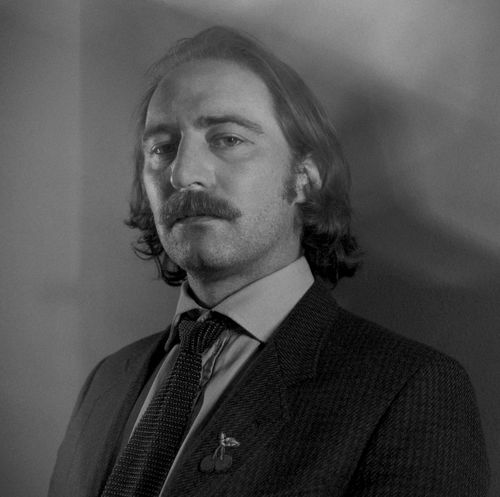Schedule
| TIME | TOPIC |
| 8:30 AM - 9:00 AM | Check-In |
| 9:00 AM - 9:45 AM | Welcome Reception & "Getting-to-Know-You" |
| 9:45 AM - 10:45 AM | Introduction: Work Session / Impact |
| 10:45 AM - 11:00 AM | Coffee Break |
| 11:00 AM - 12:30 PM | Work Session / Impact |
| 12:30 PM - 1:30 PM | Lunch |
| 1:30 PM - 2:15 PM | Harvest: Work Session / Impact |
| 2:15 PM - 3:15 PM | Workshop: Using AI in Your Research |
| 3:15 PM - 3:30 PM | Coffee Break |
| 3:30 PM - 4:45 PM | Workshop: Using AI in Your Research |
| 4:45 PM - 5:30 PM | Concluding Discussion & Reflection |
| after 5:30 PM | Drinks & Refreshments |
Kerstin Pell-Langaditis, Thomas Sommerer, and Valentin Weibold (Art x Science School for Transformation) will moderate the session.
Art researcher Max Haarich will conduct the workshop "Using AI in Your Research", providing exciting insight into using and applying artificial intelligence. Based on his personal projects and artworks, he will talk about how AI can be used and applied today and what the limitations are. In a scholarly context, he will then introduce specific AI tools and try out their potential applications.
Guest Speaker - Max Haarich
Max Haarich ("he/him") is an art researcher, ethicist, and consultant focusing on Artificial Intelligence and web3. After earning a degree in Communication Science at RWTH Aachen University and in Critical Thinking at the University of the Underground (US), he conducted research in the field of Artificial Superintelligence at RWTH Aachen University and later worked as Manager Communications for Europe's leading start-up center before leaving his job to establish the Munich Embassy of the Lithuanian Artists' Republic Užupis.
Max Haarich engages with a variety of media, ranging from all-digital art to performance, installation, and glass mosaic art. He aims to name and challenge prevailing paradigms in an effort to explore ideas that were unimaginable until now. His work has been exhibited at museums including the Francisco Carolinum, and at festivals such as Ars Electronica, and New Now.
On August 22nd he will speak about what AI means for the future of research, science and society. Using his own works of art, he makes tangible what AI can and cannot be trusted to do and how this can affect our work.
 ©EOLO PERFIDO
©EOLO PERFIDO
 Go to JKU Homepage
Go to JKU Homepage


